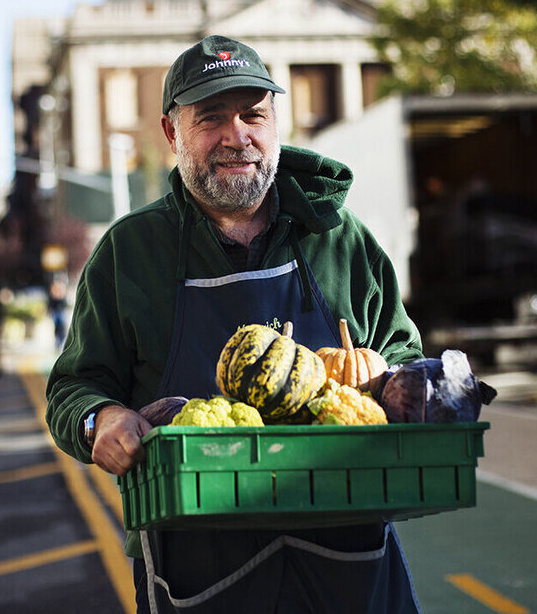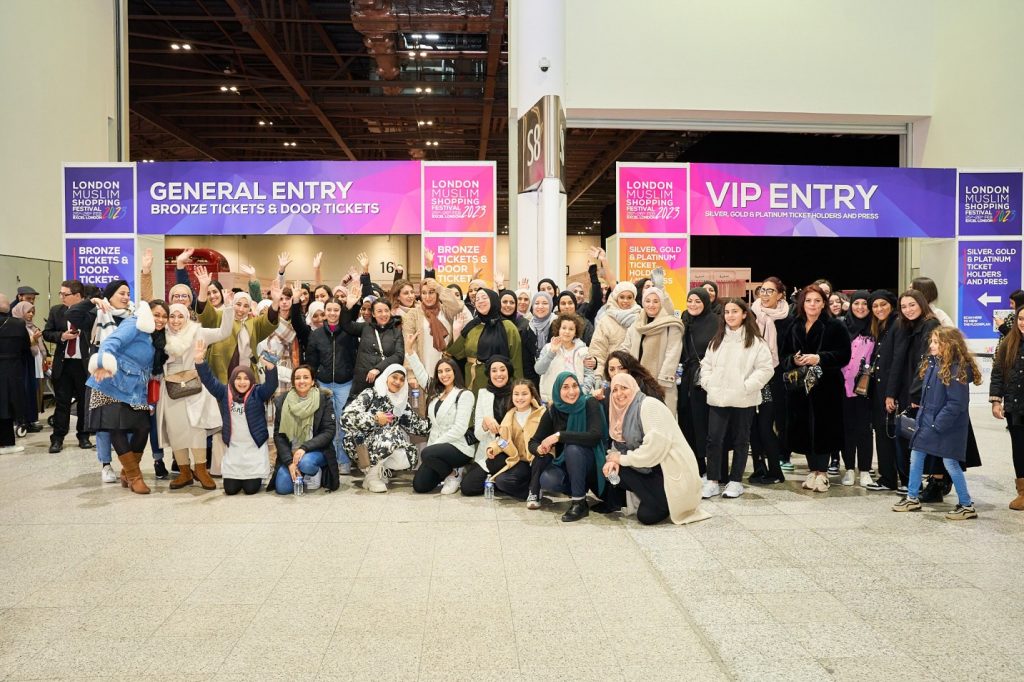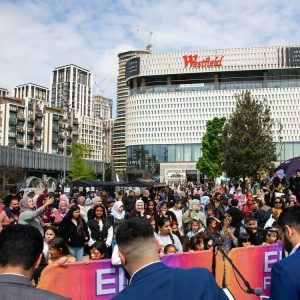By Michael Hirst BBC 2012
The man responsible for delivering the Olympics is in a panic, drafting a press release heralding London’s pride in its “mulitculturality”, and hoping the Algerians will not follow through on their threat to boycott the Games due to an unintentional religious faux-pas.
Thankfully, the scene is taken from the new series of Twenty Twelve, which takes a satirical look at London’s preparations for the Games, rather than the preparations themselves.
But the Olympics throw up a range of religious issues that need to be confronted, from the religious obligations of Sikhs wearing daggers despite security concerns, Christians refusing to run on a Sunday, or the requirement for Muslims to observe the Ramadan fast, which this year coincides with the Games.
How do you cater for athletes of nine different religions at the Olympic Games?
Ancient connection
The man charged with answering that question for the London Organising Committee of the Olympic Games is Reverend Canon Duncan Green, an Anglican priest who has been seconded to Locog as its head of faith services.
His starting point was to form a faith reference group comprising representatives of the UK’s nine largest religions – Christian, Muslim, Buddhist, Jewish, Sikh, Hindu, Zoroastrian, Jain and Bahai – to advise on issues around faith in order to cater to the observations of practicing athletes, spectators and officials.
Religion and the Games have history: the ancient Games were held as part of a religious festival in honour of Zeus, the father of the Greek gods and goddesses, and athletes offered their sporting prowess to the gods.
In 1935, when Baron Pierre de Coubertin founded the modern Olympics, he noted: “The first essential characteristic of the modern Olympics is that, like the Olympics of ancient Greece, they constitute a religion.”
The rituals, symbols, rites and ceremonies of the modern games are testament to that connection.
And religion can play a more central role: At Paris 1924, British sprinter Eric Liddell – a practising Christian – refused to compete in the heats for the 100m because they were held on a Sunday – as made famous in the film Chariots of Fire.
‘Landmark chaplaincy’
At the modern Games, catering for so many different faiths is a major operation.
While there will be a prayer room at every venue, the Olympic Village will have a large multi-faith centre, with a common lounge and specific areas for the five largest faiths, managed by representatives of those faiths.
“It’s a landmark chaplaincy,” says Rev Green. Chaplains will be based on site at the Olympic village, as well as near the sailing venue at Weymouth and at Royal Holloway College in Egham to cater for rowers.
Some 350 religious figures applied for 193 chaplaincy places, with their focus being serving those involved in the Games.
“That’s been healthy because we haven’t sat round a table talking about what we do and don’t believe, we’ve been talking about how we serve the Olympics,” says Rev Green.
The task is brought sharply into focus by events such as the death of Georgian luger Nodar Kumaritashvili at Vancouver’s Winter Olympics in 2010.
“The chaplaincy played a big part in the response to that death,” says Rev Green. “Whenever you’ve got millions of people coming together as you have for the Games inevitably sad things happen and if there is an illness or somebody dies there’s an aftermath.”
While the chaplaincy will be part of any emergency response at London, Rev Green points out that whenever young people travel away from home there may be the need for support – whether a dog dies or a grandmother is taken ill – and the chaplaincy aims to cater for those needs.
‘Great leveller’
On more day-to-day issues, the faith services team will be overseeing break-a-fast packs for Muslims observing Ramadan during the Games, while dining facilities at the athletes’ village will be open for 24 hours so competitors will be able to eat before dawn.
Rev Green shrugs off suggestions of potential tensions between competitors of different faiths, saying that all adherents will be catered for.
“We’ve got a variety of Muslim chaplains, as well as Christians from evangelicals through to high Catholics, orthodox Jews through to reform,” he says. “Sport’s a great leveller because it gives a commonality.
“When you take part in the Olympics you adopt the Olympic values and respect is all part of that and valuing the person you’re working with. It’s been refreshing to work in this environment.”
But Rev Green is clear that the Olympics do not represent a proselytising opportunity.
“The chaplaincy’s there to serve the Games and respond – it’s not about evangelising,” he says.
So perhaps 2012 hopes to emulate Twenty Twelve’s “multiculturality” after all…



